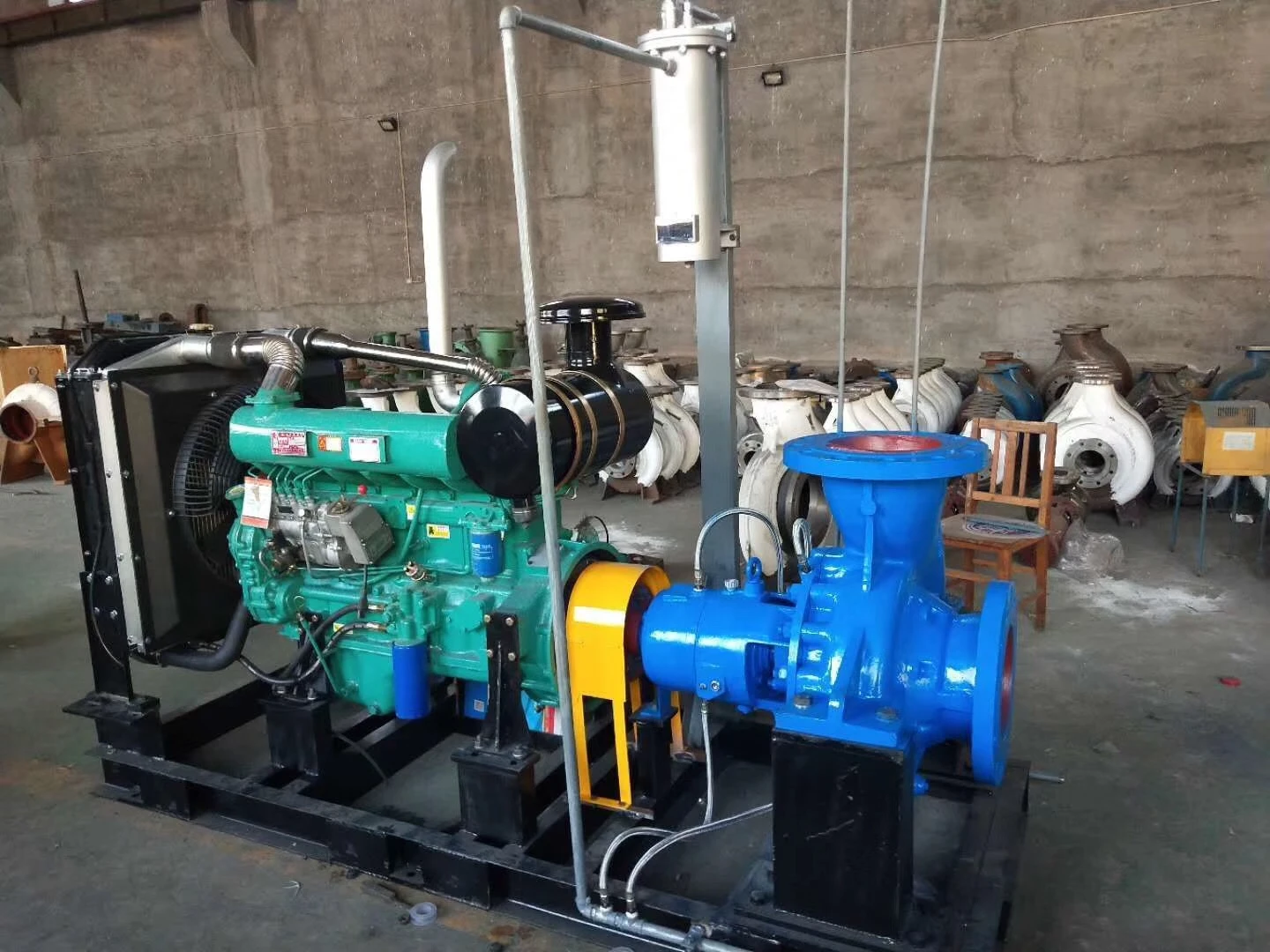Korean
- Afrikaans
- Albanian
- Amharic
- Arabic
- Armenian
- Azerbaijani
- Basque
- Belarusian
- Bengali
- Bosnian
- Bulgarian
- Catalan
- Cebuano
- Corsican
- Croatian
- Czech
- Danish
- Dutch
- English
- Esperanto
- Estonian
- Finnish
- French
- Frisian
- Galician
- Georgian
- German
- Greek
- Gujarati
- Haitian Creole
- hausa
- hawaiian
- Hebrew
- Hindi
- Miao
- Hungarian
- Icelandic
- igbo
- Indonesian
- irish
- Italian
- Japanese
- Javanese
- Kannada
- kazakh
- Khmer
- Rwandese
- Korean
- Kurdish
- Kyrgyz
- Lao
- Latin
- Latvian
- Lithuanian
- Luxembourgish
- Macedonian
- Malgashi
- Malay
- Malayalam
- Maltese
- Maori
- Marathi
- Mongolian
- Myanmar
- Nepali
- Norwegian
- Norwegian
- Occitan
- Pashto
- Persian
- Polish
- Portuguese
- Punjabi
- Romanian
- Russian
- Samoan
- Scottish Gaelic
- Serbian
- Sesotho
- Shona
- Sindhi
- Sinhala
- Slovak
- Slovenian
- Somali
- Spanish
- Sundanese
- Swahili
- Swedish
- Tagalog
- Tajik
- Tamil
- Tatar
- Telugu
- Thai
- Turkish
- Turkmen
- Ukrainian
- Urdu
- Uighur
- Uzbek
- Vietnamese
- Welsh
- Bantu
- Yiddish
- Yoruba
- Zulu
Telephone: +86 13120555503
Email: frank@cypump.com
11월 . 05, 2024 23:31 Back to list
Efficient Solutions for Handling Industrial Slurry Pumping and Management Challenges
Understanding Industrial Slurry Pumps Functionality, Applications, and Maintenance
Industrial slurry pumps play a crucial role in various sectors, including mining, construction, and wastewater treatment. These pumps are specifically designed to handle slurries, which are mixtures of solids and liquids, typically consisting of water mixed with minerals, sand, or other particulate materials. Unlike standard pumps, slurry pumps are built to manage the abrasive and viscous nature of these mixtures, making them essential for efficient operations in demanding environments.
Functionality of Slurry Pumps
The primary function of an industrial slurry pump is to transport slurry from one place to another. The pump’s design incorporates features that enable it to effectively manage the challenges posed by thick and abrasive materials. Slurry pumps typically employ a robust impeller and volute casing, constructed from durable materials like high-chrome alloy or rubber, to withstand wear and tear.
The impeller is crucial for creating the necessary hydraulic energy to move the slurry. As the impeller spins, it generates centrifugal force, drawing the slurry into the pump and expelling it through the discharge outlet. The pump's casing ensures that the slurry remains contained and helps to convert the energy generated by the impeller into fluid motion. This efficient energy conversion is critical for maintaining a consistent flow rate, particularly in processes where the slurry needs to be delivered over long distances or to various processing units.
Applications of Slurry Pumps
Slurry pumps are utilized across numerous industries, each requiring unique considerations regarding pump design and operation. In mining, for example, slurry pumps transport material such as ore, coal, and tailings. These materials often contain abrasive particles that can cause significant wear on standard pumps, making slurry pumps indispensable for maintaining operational efficiency and reducing downtime.
In construction, slurry pumps are employed for dewatering processes and transporting concrete mixtures. The ability to handle various types of slurries, from thick concrete to watery mud, enables construction projects to run smoothly, ensuring that materials can be moved quickly and efficiently.
industrial slurry pump

Wastewater treatment facilities also rely heavily on slurry pumps to manage the thick sludge produced during the treatment process. These pumps help in circulating sludge and transporting it to different treatment stages, ensuring that the material is processed effectively and in compliance with environmental regulations.
Maintenance Considerations
Despite their robust construction, proper maintenance of industrial slurry pumps is crucial for their longevity and efficiency. Regular inspections should focus on identifying wear on the impeller, casing, and seals, as these components are the first to show signs of degradation due to the abrasive nature of the material being pumped.
Operators should also monitor the pump's performance by checking parameters such as flow rate, pressure, and energy consumption. Any sudden changes in these metrics can indicate an underlying issue that requires prompt attention.
Lubrication of moving parts is another critical maintenance task that should not be overlooked. Keeping the bearings properly lubricated can prevent friction-related damage and prolong the pump's lifespan. Additionally, ensuring that any blockages or buildup in the suction or discharge lines are promptly addressed will promote optimal performance.
Conclusion
Industrial slurry pumps are vital components in many industries, designed specifically to address the challenges associated with transporting abrasive and viscous mixtures. By understanding their functionality, applications, and maintenance needs, operators can ensure that these pumps deliver reliable performance and contribute effectively to their respective processes. As industries continue to innovate and expand, the importance of slurry pumps in maintaining operational efficiency cannot be overstated. Proper selection, operation, and maintenance of these pumps will not only enhance productivity but also reduce costs associated with repair and downtime, making slurry pumps an invaluable asset in industrial operations.
-
Reliable Non-Clog Sewage Pumps with GPT-4-Turbo Tech
NewsAug.04,2025
-
High-Performance Air Pumps for Sand & Gravel | Efficient Transport
NewsAug.03,2025
-
ISG Series Vertical Pipeline Pump - Chi Yuan Pumps Co., LTD.|Energy Efficiency, Corrosion Resistance
NewsAug.03,2025
-
ISG Series Pipeline Pump - Chi Yuan Pumps | Energy Efficiency&Compact Design
NewsAug.03,2025
-
ISG Series Vertical Pipeline Pump - Chi Yuan Pumps Co., LTD.|High Efficiency, Low Noise, Durable
NewsAug.02,2025
-
ISG Series Vertical Pipeline Pump - Chi Yuan Pumps | High Efficiency, Low Noise
NewsAug.02,2025










